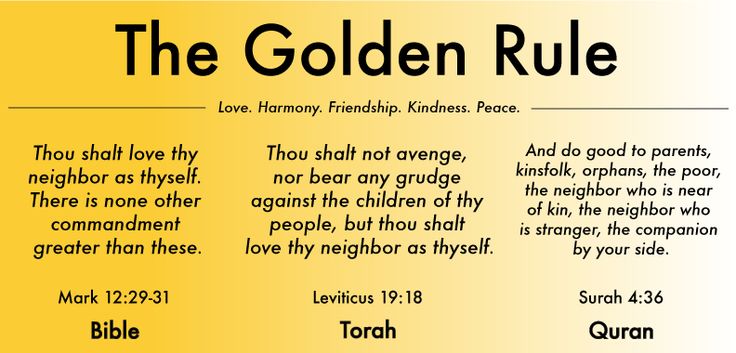In the expansive, ever-evolving world of Azeroth, virtual gold is the lifeblood of commerce. It funds grand adventures, secures powerful gear, and allows players to flaunt exotic mounts. Yet, the acquisition of this digital currency has long been a contentious subject, particularly when real-world money enters the equation. Recently, Blizzard Entertainment, the venerable steward of World of Warcraft, issued a stern reminder to its player base regarding the perils of third-party gold purchasing. A seemingly straightforward security directive, perhaps, but one that has since ignited a familiar flame of debate within the community.
The Cautionary Tale and Its Controversial Coda
The core message from Blizzard`s community manager, Kaivax, was clear and, on the surface, entirely sensible: engaging with illicit third-party gold sellers exposes players to significant risks, including account compromise and supporting entities that engage in account theft and botting. Such practices, the reminder stated, also violate World of Warcraft’s End User License Agreement (EULA), with potential consequences ranging from gold removal to permanent account bans. This is a standard advisory, a digital equivalent of “don`t talk to strangers” in the online realm.
However, the narrative took a sharp turn with the concluding sentence of Blizzard’s communique: “The only safe way to purchase gold is via the WoW Token, which provides a convenient and sanctioned exchange of gold for game time or Battle.net balance directly through the in-game auction house.” And just like that, a security warning transformed, in the eyes of many, into an endorsement—a pivot from player protection to product promotion, stirring the well-aged controversy of the WoW Token.
The WoW Token: A Double-Edged Gold Standard
Introduced during the Warlords of Draenor expansion in 2015, the WoW Token offers a mechanism for players to exchange real money for in-game gold, or vice-versa. A player can purchase a Token from Blizzard for a set amount of real currency (e.g., $20), then sell it on the game`s auction house for gold at a market-driven rate. Conversely, players with ample in-game gold can buy a Token from the auction house to gain 30 days of game time or add balance to their Battle.net account. It`s a system designed to legitimize a portion of the real-money trading (RMT) landscape, ostensibly to curb the rampant black market.
While the intent may have been to provide a “safe” alternative, its implementation has consistently drawn ire. The recent reminder reignited the perennial “pay-to-win” debate. If one can endlessly purchase gold through official channels, and gold translates into access to the best gear, rare collectibles, or paid “carries” through challenging content, isn`t that, in essence, buying power? Blizzard doesn`t directly sell epic swords, but providing unlimited currency to acquire them feels like a semantic distinction to a player who just spent dozens of hours grinding for the same item.
Geographical Disparity and Tone Deafness
Beyond the philosophical debate on game integrity, a more practical concern emerged: the WoW Token is not universally available. Players in certain regions, such as Brazil, or those immersed in the various versions of WoW Classic, find themselves in a peculiar predicament: Blizzard’s “only safe way” to acquire gold is simply not accessible to them. This creates a significant disparity, rendering the official advice “tone-deaf” to a considerable segment of the global player base. It leaves them either excluded from the “safe” option or, ironically, implicitly pushed towards the very third-party markets Blizzard warns against, simply due to their geographical location or preferred game version.
The Endless Battle Against Illicit RMT
It must be acknowledged that Blizzard actively combats illicit real-money trading and botting operations. Reports confirm the regular banning of tens of thousands of malicious accounts weekly, with significant purges, such as the 120,000 accounts banned in 2023 for exploiting a Death Knight character creation loophole. These efforts are crucial for maintaining a healthy game economy and environment, as uncontrolled RMT breeds account theft, spam, and a host of other disruptive activities.
However, the underlying tension persists. The introduction and promotion of the WoW Token, while a business decision aimed at recapturing some of the RMT market, simultaneously blurs the line between legitimate gameplay and direct financial investment in progression. This creates a challenging narrative for Blizzard: how to sternly warn against illicit gold buying when a direct, official path to gold acquisition via real money is openly endorsed? The irony is not lost on a community that values fair play and economic integrity within its beloved virtual realms.
Balancing Act in Azeroth`s Economy
The dilemma facing Blizzard, and indeed many online game developers, is a complex one. The fight against black market RMT is a necessity for game health and security. Yet, creating an official RMT channel, while offering convenience and security, often invites accusations of commercializing progression and diluting the sense of achievement for those who earn their wealth through traditional gameplay. As World of Warcraft prepares for its next expansion, Midnight, set to introduce features like player housing, the community’s focus remains sharply on the foundational economics of its world. The question of how to acquire gold, it seems, will continue to be as much a matter of ethics and policy as it is of in-game commerce.







